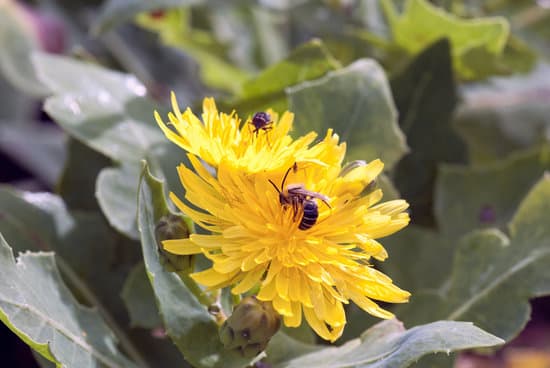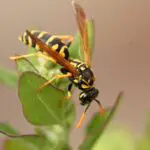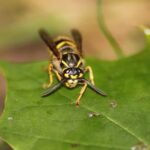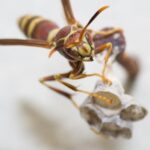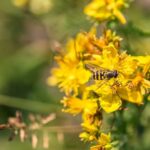The Benefits of Wasps
Despite their unpleasant reputation, wasps are actually important for the environment. They are predators of pest insects, helping to protect us and our crops. In addition, wasps help regulate insect populations. This is important because the insect population is declining, threatening human wellbeing.
During summer, female wasps lay eggs. Once the eggs hatch, the worker wasps care for the larva. During winter, the queen is responsible for running the colony. In the UK, social wasps capture 14 million kilogrammes of insect prey per summer.
Workers communicate in intricate ways, including using pheromones to signal danger. When threatened, wasps send out a pheromone to attract other wasps to investigate the threat. If a nest is near, the pheromone can attract a swarm of wasps to the nest.
Adult wasps feed on nectar and sugars. The larvae feed on plant foods and larval beetles. They also produce powerful antibiotics in venom. This venom is not widely used in official medicine.
There are about 33,000 species of hunting wasps in the world. Each year, insects eat other insects, generating $417 billion in the global economy. The benefits of wasps include controlling pests, increasing productivity, and contributing to thriving ecosystems.
Many species of parasitic wasps are used in agriculture to control pests. In fact, at least half of the 70,000 species of known wasps are parasitic. They feed on their hosts and eventually kill them. Most people don’t even realize that there are parasitic wasps in their backyard.
